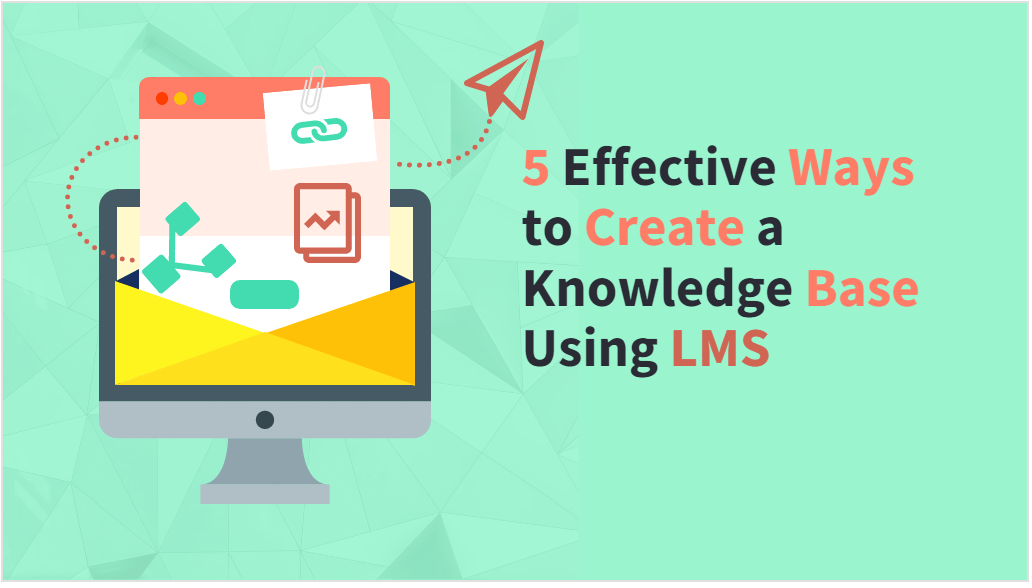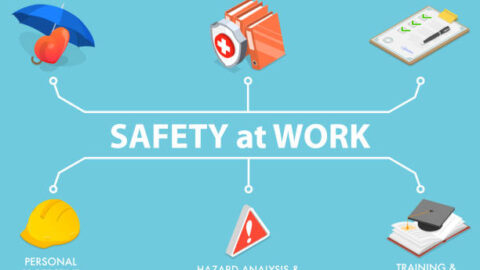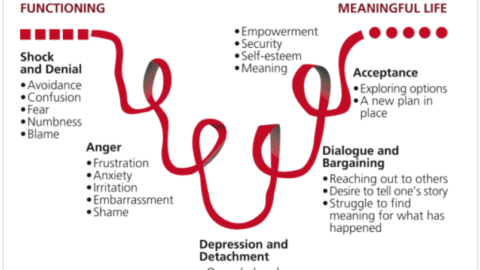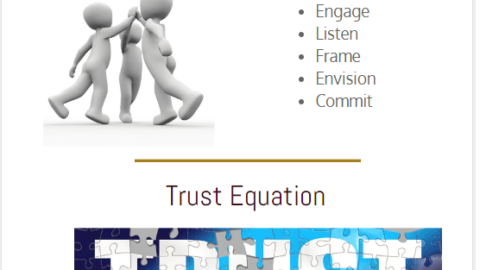5 Effective Ways to Create a Knowledge Base Using LMS
If we can keep information for extended periods and recall it when needed, our memory is labeled as efficiently operating. The same goes for our organizational knowledge bases. If operational knowledge can be conveniently saved, retrieved, disseminated, and shared, then only the knowledge base can be termed efficient. The knowledge base can prove to be the real reservoir of power for the organization. The correct information delivered right on time has the power to transform the efficiency of a team, making the organization more productive. And to leverage the knowledge base, managing it with a learning management system can be the optimum solution. It’s a myth that a learning management system LMS is an application to deliver training courses only.
Table of Contents
However, if utilized to its full potential, an LMS can perform knowledge generation, organization, distribution, application, and assessment all on a single platform. Although every team has a “memory member” that is often called out to retrieve information when we get stuck, an organization cannot be dependent on a single person’s experience and knowledge. A right LMS like Mindflash can help you leverage the knowledge base to its full strength. With the help of an LMS, knowledge can be practically, systematically, and effectively applied inside the complex corporate environment.
Here are five effective ways to create a knowledge base using an LMS:
Encourage the Employee to Contribute to the LMS Creation
Every day, employees deal with products and services. In addition to avoiding common mistakes, they are aware of how to maintain and care for the item. Why not use their insider knowledge in your customer training program? Encourage them to build their product knowledge resources based on their previous experiences. With an learning management system LMS, you can reward them with extra credit badges and gamification points. If your outstanding staff creates tailored materials for your customer and organization, you also get to free enhance your customer training knowledge base.
Make Use of Your Supply Chain for Content Creation.
Your extended enterprise also deals with products and services every day. You can record their videos, collect feedback surveys. And streamline the data to create content for the value generation of the knowledge base. LMS can help you collaborate with customers, stakeholders, supply networks, and strategic partners to streamline the content.
Record Your Training Sessions Live and Customer Support Calls
You can reutilize your previous text and audio. You can also record live training sessions and record customer support calls for value addition in the knowledge base. Live sessions by experts on products and services are the result of years of experience in that field. Furthermore, this knowledge can be stored and reutilized for new hires for orientation programs. LMS can help you organize this variety of data into pre-designed libraries. You can also leverage the benefits of an in-built authoring tool to curate the content.
Utilize Product or Service Demos for Content
You can request the manufacturer ( in case you are not the manufacturer) for a product or service demo on the usage and application of products. This content is helpful to train employees of different departments, starting right away from the requirement of the product. LMS can help you deliver this training video to another department of the organization.
Downsize User Guides and Modules
You can downsize the prewritten user guides and modules into infographics and microlearning videos. You can also distribute and share the ever-engaging micro-content on a single platform through the LMS.
Benefits of Using a Learning Management System LMS:
The System Centralizes All eLearning Content:
It is possible to consolidate all of your eLearning resources into a single area, rather than having them strewn over several hard drives and devices. This lowers the likelihood of losing critical information and makes the process of developing an eLearning course simpler and quicker.
LMS Resources Are Available To You at Any Time.
Firstly, publish your eLearning course materials on the Learning Management System (LMS) so that everyone who needs the information may access it at any time. Mobile learners may access the eLearning platform from their smartphones and tablets. So this will eliminate the need to wait until their next online training session to improve their abilities and do job-related activities. Additionally, integrating social learning into your eLearning approach is made simple with the help of a Learning Management System.
Tracking Performance.
Keep track of learner progress and ensure that they are fulfilling performance benchmarks with the help of the finest Learning Management System available today. If an online student is unable to finish an eLearning scenario effectively, you may provide them with more resources to help them improve their performance or learning behavior. Besides, a number of reporting and analytics tools are available in most Learning Management Systems. Hence, they can identify parts of your eLearning course that need improvement.
Less Learning and Development Time
Because it provides online learners with only the information they require in a straightforward and structured manner, a Learning Management System can even shorten the amount of time spent educating them. On-line learners do not have to go through a time-consuming half-hour online training course; they can just click on the online modules that they want and learn more in a fraction of the time.
Conclusion for Using LMS
A right LMS can help you leverage the knowledge base to its full strength. By implementing an LMS, you can utilize its knowledge base in a practical, systematic, and effective way.

Business Developmeny Manager at PAS InfoCom Technologies Ltd. Experienced in project management with a demonstrated history of working in the information technology and services industry.











Thank you so much for letting me express my feelings about your post. You write every blog post so well. Keep the hard work going and good luck. Hope to see such a beneficial post ahead too. Thanks again for sharing this with us and stay blessed